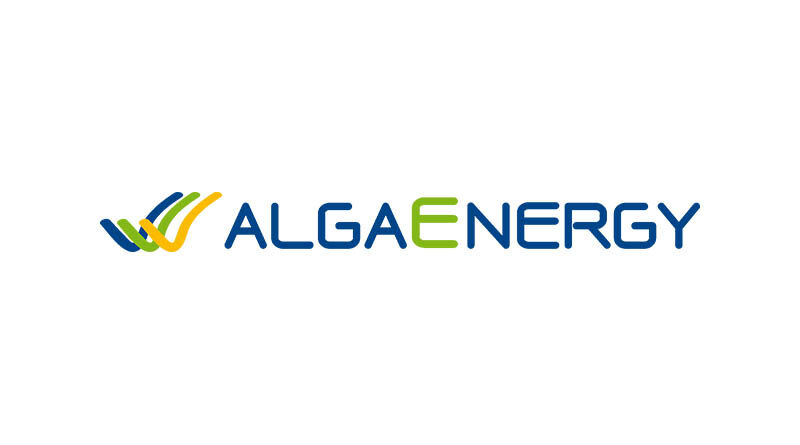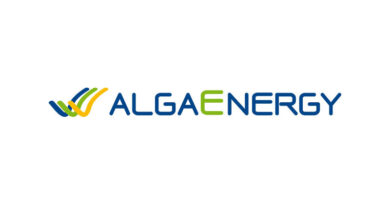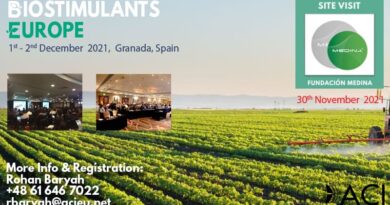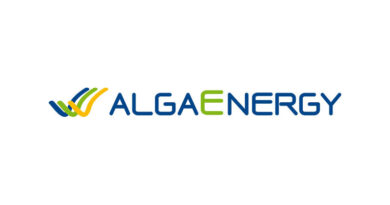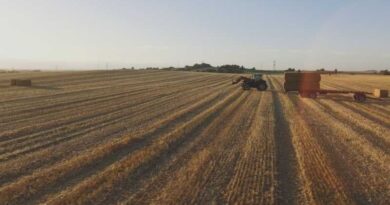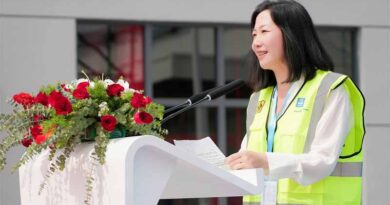MicroClimatt Operational Group: Highlighting the role of microalgae biostimulants for a more sustainable agriculture
The project is promoted and coordinated by AlgaEnergy, with top-level partners.
08 November 2021, Spain: The agricultural sector has recently had to demonstrate its essential role in guaranteeing the supply of food to society, with a global population that is also growing at a rate previously unseen. However, our farmers are facing a number of challenges, most notably, climate change.
Within this framework, biostimulants are increasingly playing a leading role in agricultural production. The contribution of biostimulants to agriculture is already relevant, and the forecast is that its market will quadruple between 2020 and 2030 worldwide. It is expected that they will continue to contribute to a more profitable and sustainable agriculture, increasing the competitiveness of countries that are committed to export productions, as is the case for Spain. Biostimulants are expected to help produce more with less, by reducing the use of nitrogen and other chemical elements. This aligns with the European Commission’s ‘Farm to Fork’ Strategy, which has set the objective of reducing 20% of fertilizers and 50% of phytosanitary products until 2030.
By valuing the essential role of agricultural biostimulants, specifically those made from microalgae biomass, the MicroClimatt Operational group seeks to demonstrate the effectiveness of innovative biostimulant solutions derived from microalgae that can efficiently combat the effects of climate change in crops such as tomatoes or wheat. MicroClimatt will evaluate in these crops the effects that, at a physiological and transcriptomic level, are induced by treatment with novel microalgal biostimulants, including conditions that are directly or indirectly caused by climate change, such as situations of water stress or poor fertilization rates.
The MicroClimatt Operational Group has been endowed with a budget of 560,725 euros. It has received 80% financing from the European Union’s Agricultural Fund for Rural Development (EAFRD). The remaining 20% has been awarded by the Ministry of Agriculture, Fisheries and Food of Spain. In charge of managing these funds is the General Directorate of Rural Development, Innovation, and Agri-food Training (DGDRIFA). The project is promoted and coordinated by AlgaEnergy, an international leader in the microalgae biotechnology sector and its applications, with top-level partners such as the Institute of Plant Biochemistry and Photosynthesis (IBVF) of the University of Seville, the Madrid Institute of Rural, Agricultural and Food Research and Development (IMIDRA), the Centre of Edafology and Applied Biology of Segura (CEBAS-CSIC) and the Agrarian Association of Young Farmers (ASAJA). Additionally, BIOVEGEN, a Spanish Technology Platform for Plant Biotechnology, will be in charge of coordinating the valorization and dissemination activities.
The MicroClimatt group will evaluate the improvement of water stress resistance and the efficiency of nutrient use in tomato and wheat crops treated with microalgae biostimulants. Additionally, they aim to quantify the incorporation of carbon in plant biomass of crops linked to increased productivity, evaluate the increase in the incorporation of organic carbon in the “soil sink”, and study the improvement of the edaphic fertility of soils due to the treatment of crops with derivatives of microalgae, as well as the improvement of the quality, functionality, and sustainability of the soil.

